If you have sensitive skin, you need to know two words:
BARRIER FUNCTION
No matter how boring these words might sound, they are super important.
The #1 most important thing for sensitive skin is a STRONG BARRIER.
I have mentioned barrier function often on this blog. It is such an important concept in skin care that I encourage you to review it again, even if you don’t have sensitive skin (Skin Barrier Function explained.)
The barrier function concept is not widely discussed outside the professional skin care community. But because it is so fundamental to healthy skin, I’d like to explain it to you once more.
Everyone Needs A Strong Barrier
The need for a strong barrier applies to EVERYONE. No matter what kind of skin you have, your barrier is your skin’s primary defense from the outside world.
You cannot have healthy, beautiful skin without a STRONG BARRIER.
It is absolutely essential and therefore needs great care.
Many skin problems are caused by a damaged barrier function. If you feel discomfort in your skin, in all likelihood, you have damage in your barrier function.
Sensitivity is due to a damaged, thin, or weak barrier.
A damaged barrier also accelerates aging.
What is the Barrier Function?
Barrier Function is a term that describes your skin’s ability to protect itself. In other words, how strong is it?
The outermost layer of skin is called the Stratum Corneum. These are dead skin cells that get shed continually (those flakes you can see are dead skin cells). Underneath these dead skin cells are living skin cells held together by lipids (lipids are another word for fat).
These lipids are extremely important. Without them, your skin is more porous, which means water can leak out and undesirable things can come in (irritants and bacteria).
Think of the barrier as a brick wall. The bricks are your skin cells. The mortar between the brick is the lipids.
STRONG BARRIER
A strong barrier means your skin cells are held tightly together by these lipids. This makes skin less permeable. There are no leaky ‘holes’ or cracks.
WEAK/DAMAGED BARRIER
A weak or damaged barrier has micro cracks. It is more permeable to irritants.
Thin Skin Is More Vulnerable to Damage
Thin Skin is more vulnerable to irritation because the barrier is thinner.
So, even though it may not be damaged, it is naturally weaker. Irritants and allergens can penetrate skin more easily.
Who has thin skin? Thin skin is most common on very fair, white skin (e.g. Northern European such as Scandinavian). It can have an almost translucent sheen. Some Asian skin can be thin. Darker skin tones tend to have thicker skin.
But since many of us have mixed ancestry, the color of our skin is not a decisive indicator of skin thickness. The best way to recognize it is by a visual inspection. A experienced esthetician can tell you.
How to Care for Sensitive Skin – 4 Key Strategies
Treating sensitive skin requires the following:
1. Repair damage to the barrier
2. Strengthen the barrier
3. Protect the barrier from further damage
4. Soothe and calm the skin
How to Repair and Strengthen Your Barrier
Use Skincare With Oil, Silicones, and Skin-Identical Ingredients
When your barrier is weak or damaged, you need barrier repair ingredients in your products. These are oils, silicones, and skin-identical ingredients.
The easiest way to strengthen the barrier is to give it oil or something with lipid-rich ingredients.
Why oil? Because oils are rich in essential fatty acids which feed the lipids in the skin barrier.
Omega 6 and 9 essential fatty acids are particularly good for skin. Plant oils are a good source of EFA’s. You can see a list of plant oils here.
Essential fatty acids are considered skin-identical ingredients – they mimic the natural components in skin.
Other good skin-identical ingredients are ceramides and cholesterol.
Non-Oily Skin Types
Use a face oil instead of a regular moisturizer at night. Or use an emollient moisturizer.
Oily Skin Types
If you have oily skin, you can still use a face oil on your skin, but it depends on the oil. Some are suitable for oily skin; some are too heavy or potentially comedogenic. You can read more about that here: (How to Moisturize Skin by Skin Type)
Or to keep things simple, use an oil-free moisturizer that has occlusive ingredients, such as silicones, on areas where you feel sensitized (not necessarily your entire face).
Silicones are a group of occlusive ingredients that cover skin with a very light film. This layer minimizes water loss and prevents foreign matter from penetrating skin.
Silicones are love or hate ingredients. You either love or hate how they feel on skin. But when you have a damaged barrier, you’re likely to welcome them because they do feel soothing.
For very oily skin, anything you put on your skin might feel heavy. However, consider a lightweight silicone-based moisturizer in areas where you are feeling sensitive because it will help nurture your skin back to health.
How to Protect Your Barrier
Use Skincare With Anti-Inflammatory Ingredients
Chances are, if your skin is irritated, you have some degree of inflammation. Anti-inflammatory ingredients will control the inflammation and calm your skin.
Some particularly great ones are: Green Tea, Oats, Licorice, Resveratrol, and Sea Whip.
There are many more. Here is a list of common anti-inflammatory ingredients used in skin care.
Wear Sunscreen
Sun and heat will sensitize and irritate skin. So be sure to wear sunscreen when you are outdoors.
The best kind is a mineral sunscreen made with Zinc Oxide or Titanium Dioxide. Zinc Oxide is better.
How to Soothe & Calm Your Skin
Look for products that contain soothing and calming ingredients. Oatmeal is a good one that is easy to find in skincare. Sensitive skincare lines are the best places to look.
Some useful products:
- Calming or Cooling Spray – spritz on throughout the day when your skin needs soothing
- Calming Serum
- Soothing Mask – apply 1-2x/week
- Medium to Heavy-weight Moisturizer – heavier moisturizers are more lipid-rich, which are good for repairing the lipid barrier (can focus on select areas if you don’t need over the whole face)
Additionally, there are other measures you can take to protect your barrier, which are covered in: Tips for Sensitive Skin.
Cover Photo: The Great Barrier Reef of Australia
Related Articles:
- Types of Sensitive Skin
- Allergic Reactions & Sensitivity to Products
- 10 Tips for Sensitive Skin
- How to Repair Irritated Skin
Want posts delivered straight to your inbox? Sign up for the weekly newsletter here.


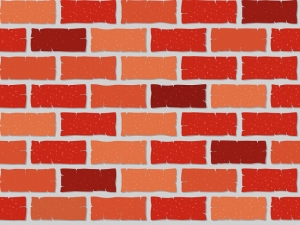


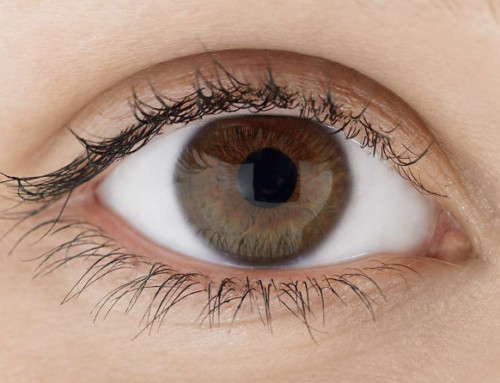
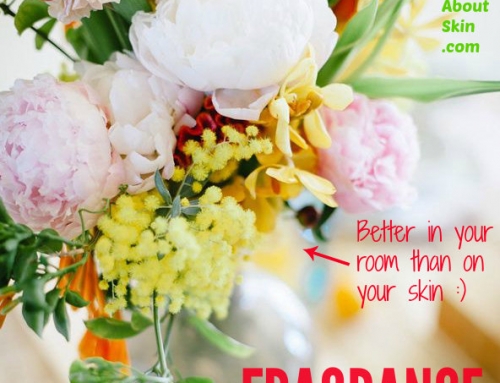
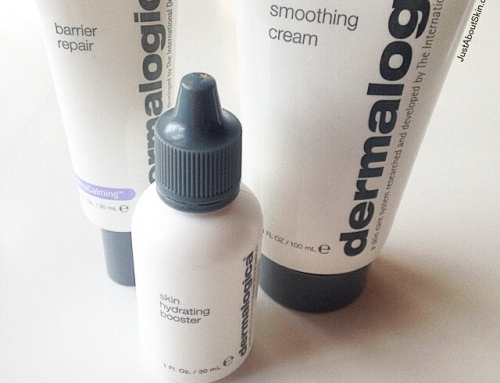
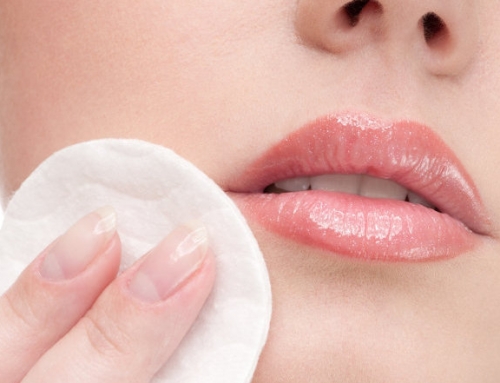
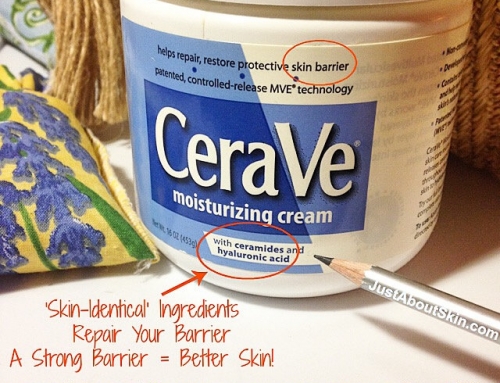
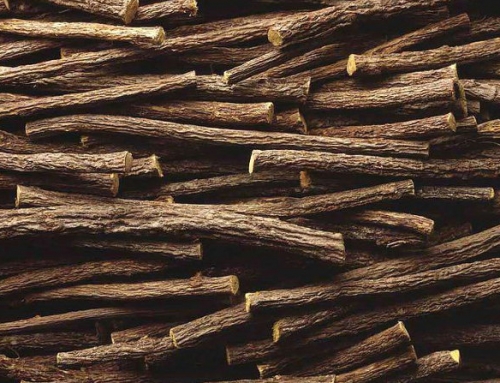



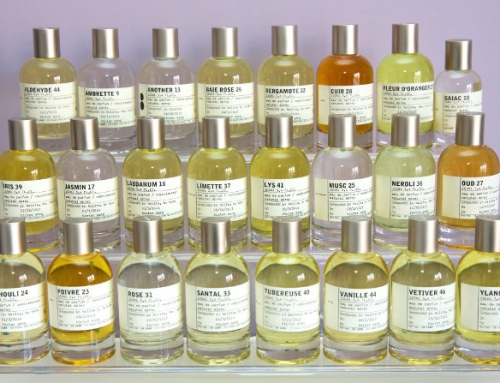
I just came across your blog, I absolutely LOVE it!!!!!!!!!!! I am a “soon to be” esthetics teacher and I love the way you explain the information and make everything simple and easy to understand! I cant wait to tell the students to check out your blog!
Hello! Thank you very much for your feedback!!! It’s truly wonderful to hear this. When I started this blog, my goal was to ‘explain’ skin care and make the science part of it more accessible. I’m thrilled you’ll be sharing this with your students. Please let me know if you ever have any suggestions or questions. I’d love to make JAS as helpful as possible. Welcome and thanks again for writing!
Hello – wonderful blog – have a question about very thin damaged skin on my nose from years of topical antibiotics for rosacea. I am confused about what to put on my nose skin to help it thicken and repair itself. It is so thin now my nose looks bumpy as you can see the bone and cartilage which used to be hidden by a thicker layer of skin. It has been two months since I stopped using the antibiotic (after I realized that was the cause) and there has been no improvement. I am using a dab of avocado oil mixed with apricot kernel and rosehip oil with a drop of lavender and carrot seed oil 2x a day – afraid to use commercial products – even my Hylunia eye cream makes it sting a little bit. Is there any hope to regenerate the skin back to a healthier, plumper state? Blessings.